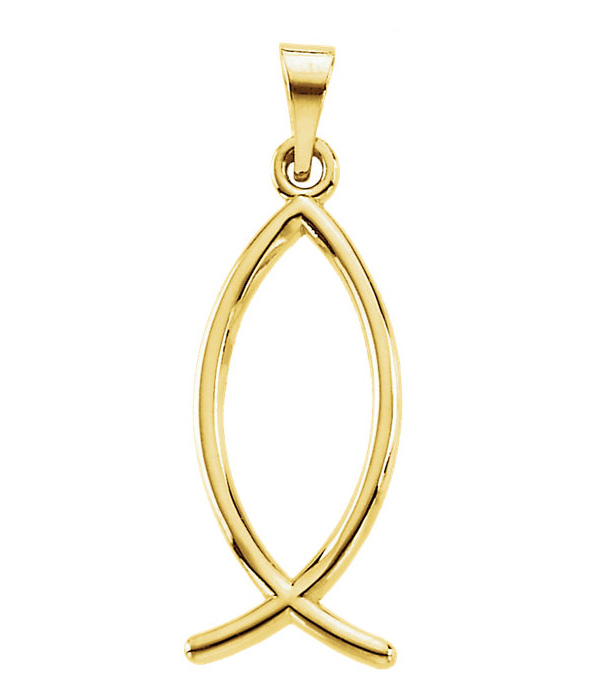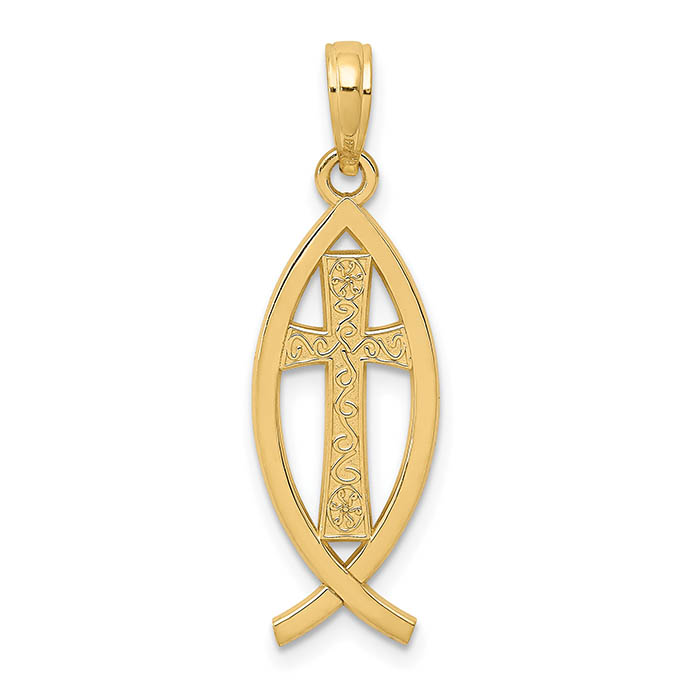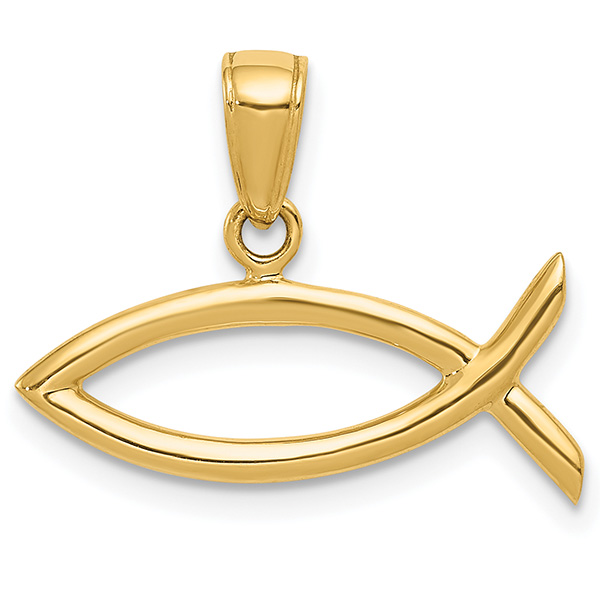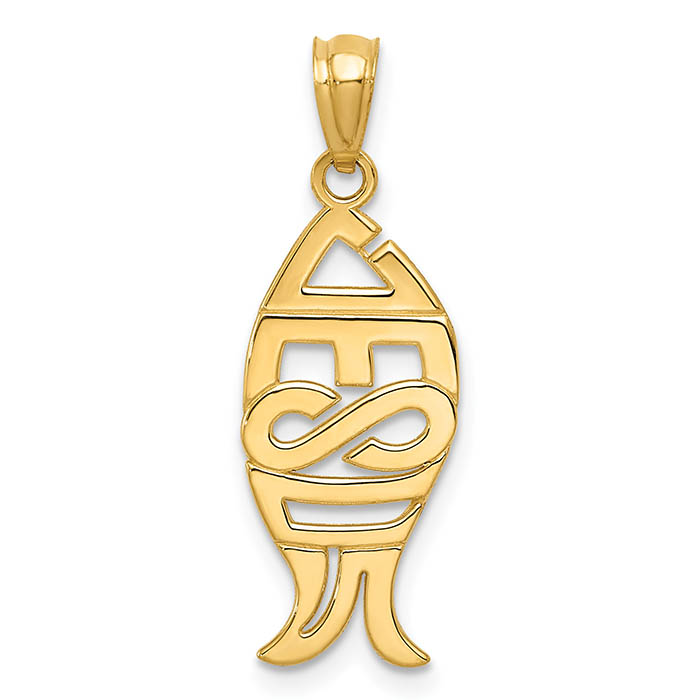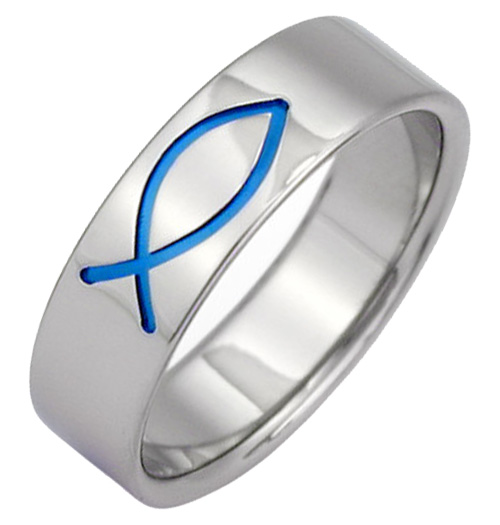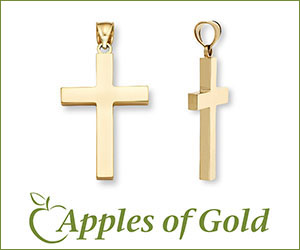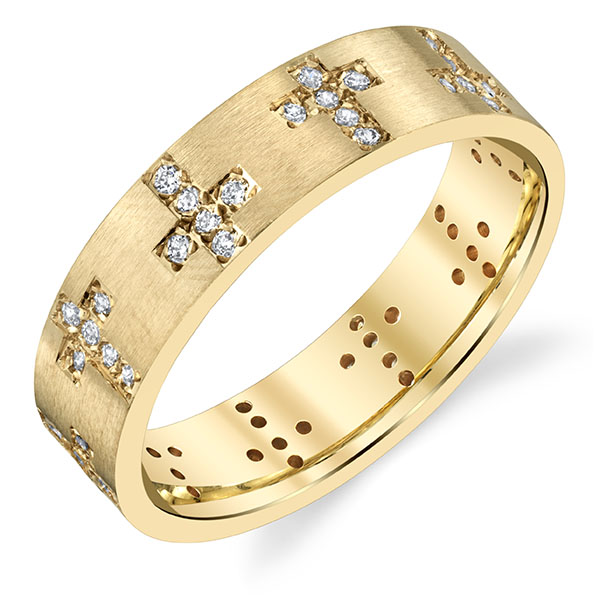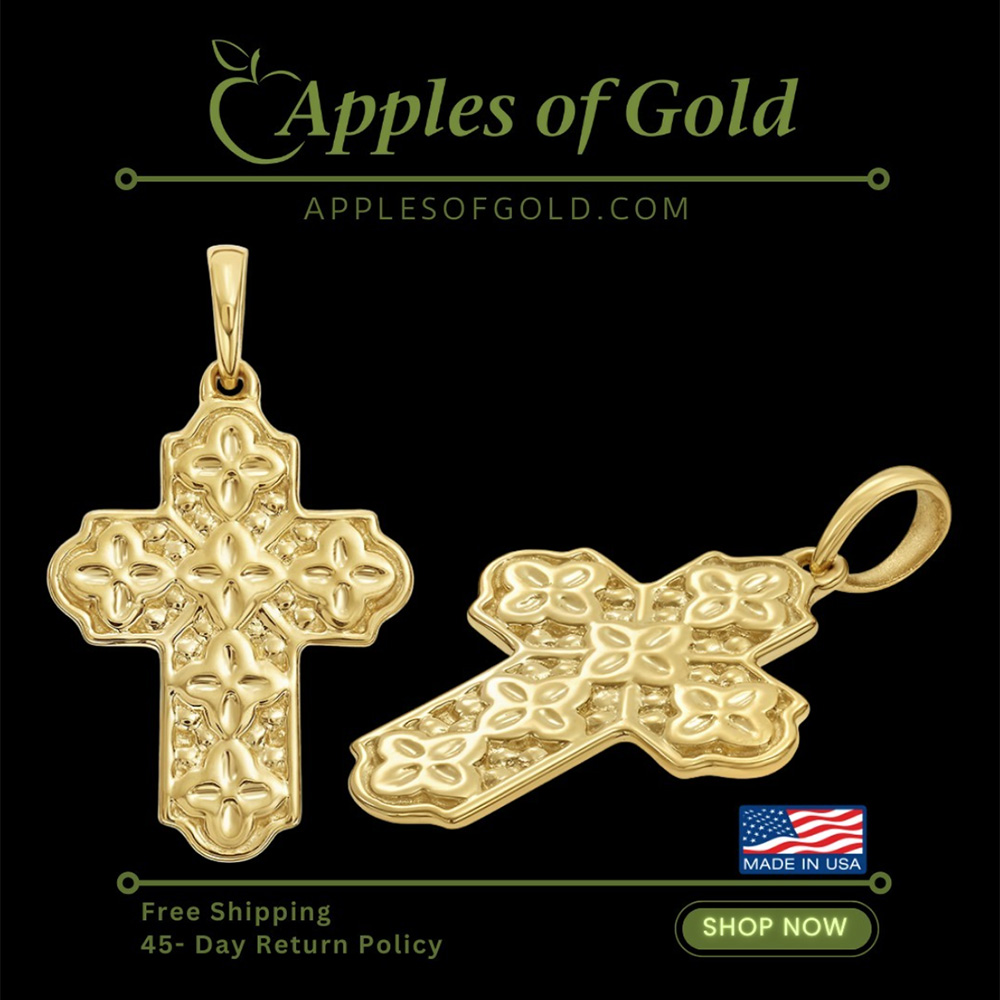Ichthus Fish Meaning
From the earliest days of Christianity, the ichthus fish has been a prominent symbol of the faith. From graffiti etched into Roman catacombs in the 2nd century to bumper stickers in the 21st, it has been one of the most recognizable symbols demonstrating one’s affirmation of Christianity. But why?
First, the word “fish” in Greek is the word “ichthus” or “ichthys”, the root of which forms our English word “ichthyology”, which (you may guess) simply means the study of fish. So what is the meaning of the ichthus fish symbol to Christianity?
The most obvious connection between the two is the proliferation of references to fish throughout the New Testament. Many of Jesus’ disciples were fishermen and were called directly from their nets to follow Jesus (Matthew 4:18-22). In the accounts of these men leaving their nets behind and following Jesus, His command to them was simple: “Follow me, and I will make you fishers of men” (v. 19). This call was heavy with meaning; this was nothing less than the call to evangelize, to cast the net of the gospel out to bring men and women into the faith.
Of course, generally a very quick death awaits fish that are caught. In a sense, symbolically speaking, the same awaits one who believes in Jesus Christ. For a believer, according to Jesus, he or she must “… take up his cross and follow me. For whosoever will save his life shall lose it, and whosoever will lose his life for my sake shall find it” (Matthew 16:24-25). The apostle Paul did not shy away from this either: “How shall we, who are dead to sin, live any longer therein?” (Romans 6:2). In Galatians, he was even more explicit: “I am crucified with Christ, nevertheless I live, yet not I, but Christ liveth in me” (2:20). So it is with all “fish” who are caught by evangelists that Jesus commissioned to spread the gospel. This commission to evangelize is a primary meaning of the symbol that we see in, for example, ichthus jewelry, to Christianity.
Fish in the Bible
Additionally, the gospels are replete with other references to fish, which given the fact that much of Jesus’ life was intimately connected to the thriving fishing industry around the Sea of Galilee and that many of His disciples were fishermen, is not surprising at all. There are the stories of Jesus causing miraculous catches of fish (Luke 5:1-11; John 21:4-12). There is the story of the feeding of the 5,000, in which the original meal that was multiplied consisted of “five loaves and two fishes” (Matthew 14:17; Mark 6:41; Luke 9:13). Additionally, in the lesser-known feeding of the four thousand, the food that Jesus multiplied consisted of “seven [loaves] and a few little fishes” (Matthew 15:34). There is also the parable of the net that gathered fish of every kind from the sea, the good fish taken to shore, and the bad fish thrown back (Matthew 13:47-50). These references gave the ichthus additional meaning to Christians from the apostles to today.
There is one more meaning of the ichthus to Christianity that many Christians may not be aware of, and that is the way in which it served as a code declaring for early Christians their allegiance to their Savior.
The Ichthus Fish as a Secret Symbol
The Greek word ichthus is spelled in Greek as follows: ἰχθύς. For early believers, these letters formed an acrostic that meant the world to them: ιησούς χρήστος θεού υιός σώτερ (Iesous Christos Theou Uios Soter). This is literally translated as: “Jesus Christ, God’s Son, Savior”. For Christians, this formed a simple confession of faith and even became something of a secret code between them. A Christian who faced the threat of persecution if his or her faith was discovered could simply kneel down and draw a fish in the dirt; an unbeliever would be completely baffled, but a fellow believer would immediately recognize that this person also believed that Jesus Christ was the Son of God and the Savior of the world.
So whenever we choose to do the same, to put a fish on our bumper or wear ichthus jewelry, we can remember the real meaning of the ichthus. It reminds us of our call to evangelize, to call people to die to their sin and live to Jesus Christ, of our Savior who fed the multitudes with a few loaves and fishes, who demonstrated His power over nature by causing miraculous catches of fish for His disciples, and finally, of Jesus Christ Himself, God’s Son, our Savior.



